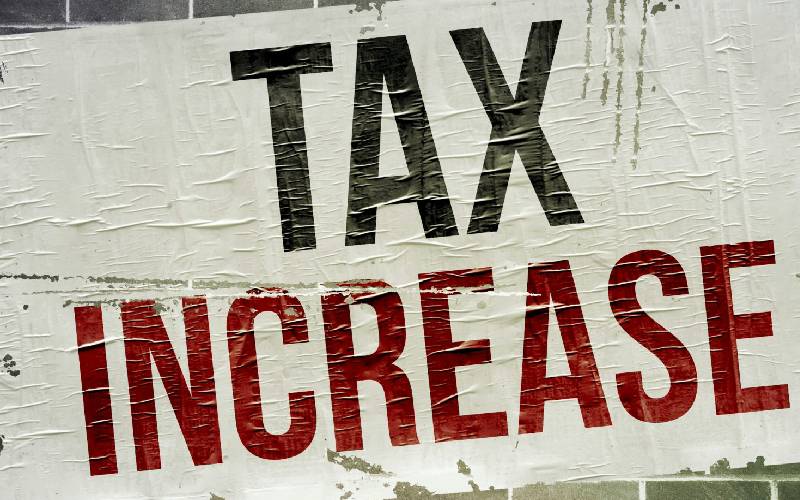×
The Standard e-Paper
Kenya’s Boldest Voice

If you have ever wondered why the Government is always teetering on the edge of insolvency, just remember this wise counsel from the Good Book: a hand that giveth is more blessed than a hand that receiveth.